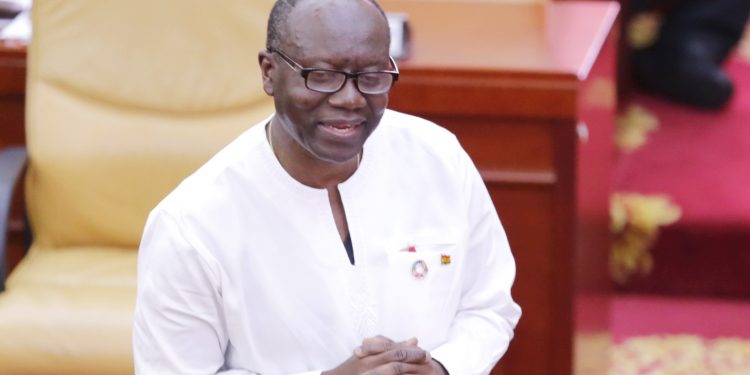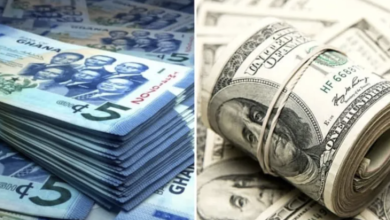Business
Government to borrow ¢3.78bn in first quarter of 2022

Government will borrow ¢3.78 billion in the first quarter of this year to finance part of the budget, its Issuance Calendar has revealed.
For the first three months of 2022, government plans to issue a gross amount of ¢24.5 billion, of which ¢20.7 billion is to rollover maturities.
This indicates that the government’s debt level is not going to reduce anytime soon.
As usual, most of the funds to be mobilised will come from the 91-day Treasury bills, a move that has helped reduce foreign debt but rather crowded out the private sector from access to financing on the domestic market.
According to the data, the government will borrow as much as ¢11.3 billion of the 91-day T-bills during the period, higher than the previous quarter.
It will be followed by the 182-day T-Bills in which a total of ¢3 billion will be mobilised. Then, finally, the biggest of ¢1.6 billion will be issued in March 2022.
¢2.15 billion will, however, be mobilised from the 364-day bills. The majority of the funds are expected to be raised this month.
¢2 billion is also expected to be raised from a 6-year bond. This is expected to be done in January 2022.
Again, the government is expected to issue a 7-year and 10-year bond in February and March 2022, respectively. ¢1.2 billion and ¢800 million are expected to be borrowed from both resident and non-resident investors.
Government said the calendar is developed based on the Net Domestic Financing provided in the 2022 Budget, the 2022 domestic maturities for the period, the 2022 Borrowing Plan and the Medium Term Debt Strategy.
Public debt stock hits ¢341.8bn as of September 2021
Ghana’s public debt stock hit ¢341.8 billion in September 2021, the November 2021 Bank of Ghana Summary of Economic and Financial Data revealed.
This was equivalent to 77.8% of Gross Domestic Product (GDP).
Between July and September 2021, ¢5.9 billion fresh loans were added to the total debt. The surge in debt came largely from the domestic debt and due to the slight depreciation of the cedi to the dollar.
However, the government had indicated in its Issuance Calendar for the final quarter of 2021 that it will borrow just about a billion cedis.
According to the data from the Bank of Ghana, the domestic debt went up to ¢178.1 billion in September 2021, up from ¢173.9 billion recorded in July 2021. This was equivalent to 40.5% of GDP.
Source:Fiilafmonline/JoyBuss


